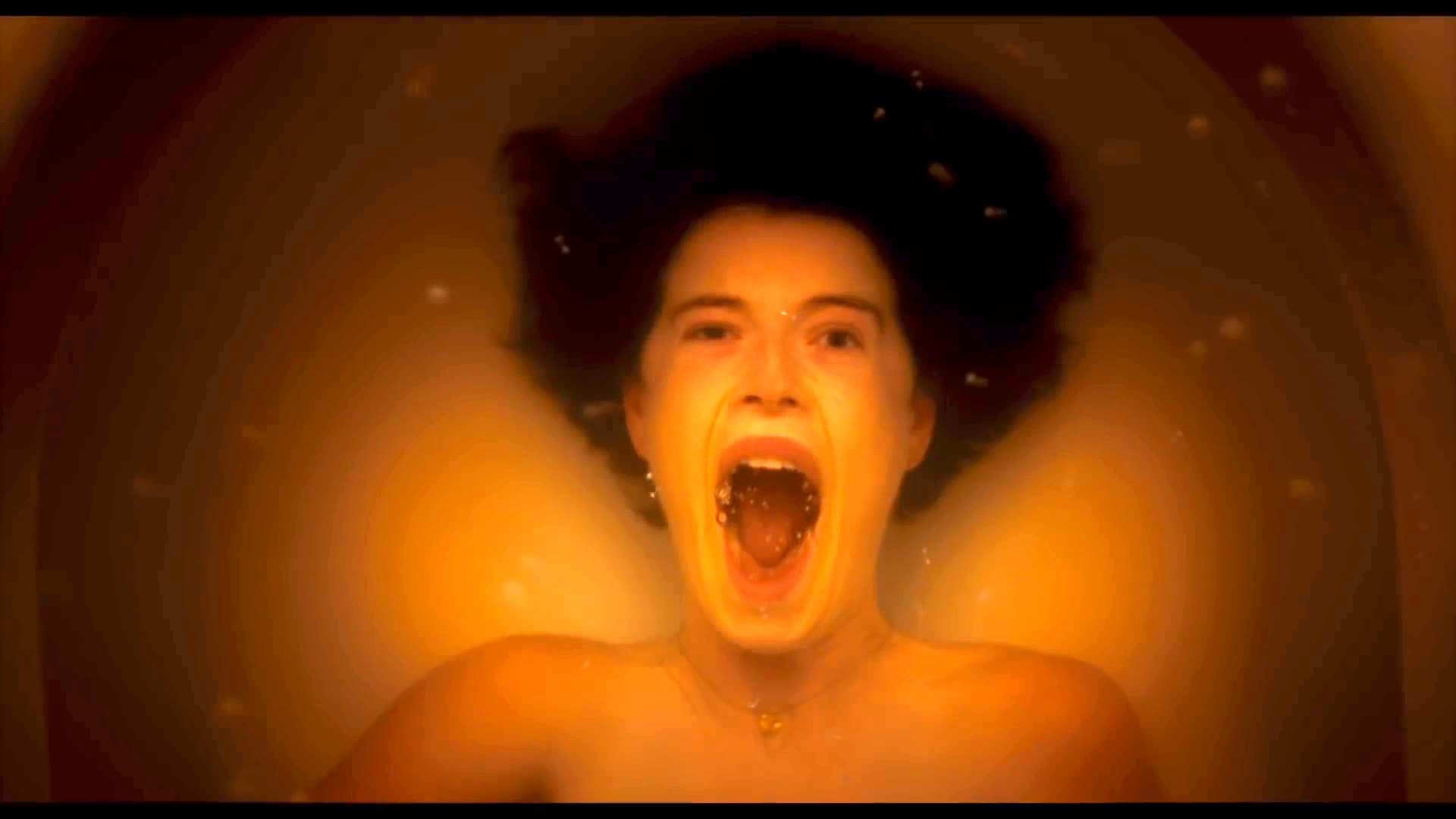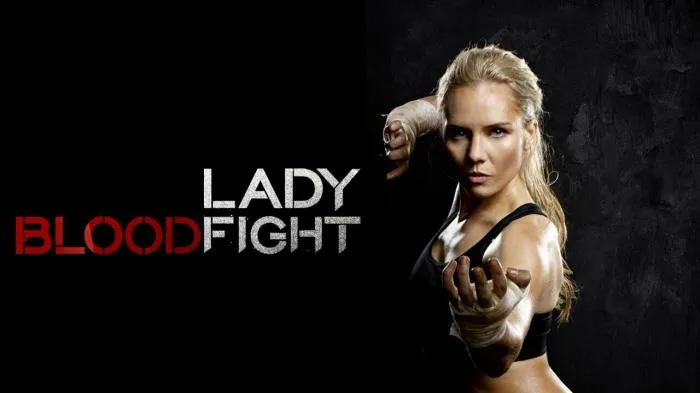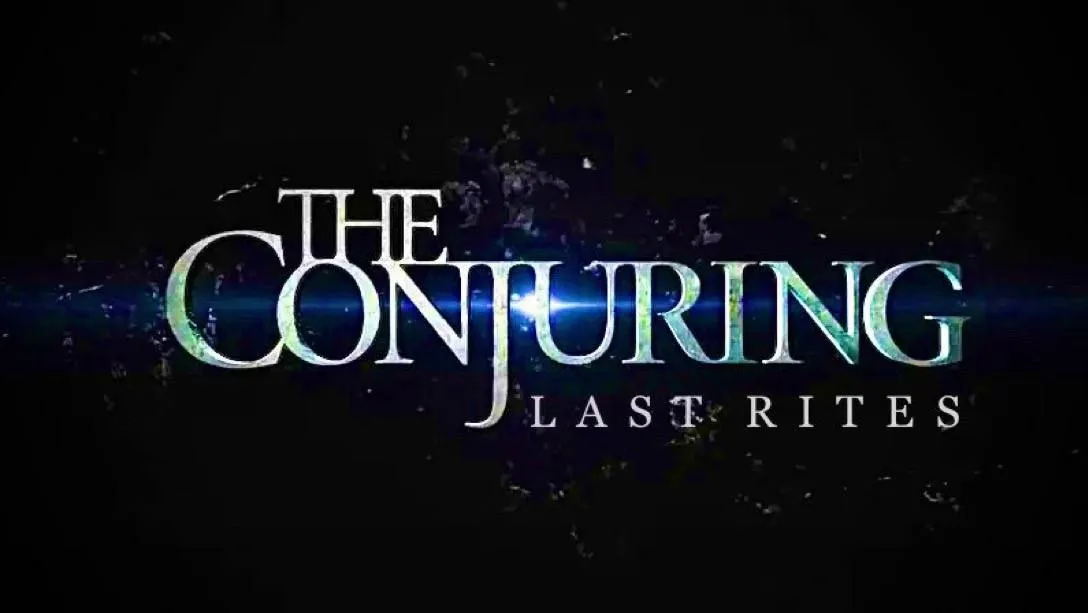A Folk Horror Exploration of Grief and Guilt
Released in 2022, Men is a psychological folk horror film written and directed by Alex Garland, known for his cerebral works like Ex Machina and Annihilation. This film continues his fascination with the intersection of trauma, human psychology, and unsettling imagery, but frames it within a surreal and haunting narrative. Blending folkloric horror with deeply personal themes of grief, Men offers a disturbing, divisive experience that lingers in the mind long after viewing.
The story follows Harper Marlowe, played by Jessie Buckley, a woman reeling from the recent death of her abusive husband. In an attempt to heal, she rents a secluded countryside estate in rural England, hoping the solitude will help her process her loss. At first, the picturesque surroundings and quiet atmosphere seem comforting, but soon Harper becomes aware of strange, menacing presences around the village and its woods. These encounters begin with unnerving subtlety, but escalate into surreal terror, blurring the line between external threats and Harper’s internal struggles.

What makes Men unique is the way it uses its horror elements as metaphors. The characters Harper encounters in the village are all played by Rory Kinnear, from the landlord to a priest, a police officer, and even a grotesque child. This unsettling creative decision emphasizes Harper’s perception that she is surrounded by versions of the same oppressive masculinity, each reminding her of her late husband’s abuse. Through this structure, Garland paints a portrait of grief intertwined with cycles of control, violence, and guilt.
The horror itself draws from pagan and folkloric imagery. Strange symbols carved into trees, an unnerving figure who appears naked in the woods, and the eventual grotesque body horror sequences tie the narrative to themes of rebirth and endless cycles. The film’s climax, where the various male figures literally transform and give birth to one another in a nightmarish sequence, is one of the most disturbing and polarizing moments in recent cinema. It serves as both a metaphor for the recurring nature of abuse and an unforgettable image of horror’s capacity to shock and provoke.
Jessie Buckley delivers a powerful performance, embodying Harper’s vulnerability, anger, and resilience with authenticity. Her portrayal anchors the surreal narrative, allowing audiences to empathize with her even as the film ventures into increasingly abstract territory. Rory Kinnear’s versatility is equally impressive, as he inhabits a spectrum of characters who are simultaneously distinct and eerily connected. Their dynamic becomes the unsettling backbone of the film.
Visually, Men is both beautiful and terrifying. Garland and cinematographer Rob Hardy capture the lush English countryside with a painterly eye, making the setting feel both idyllic and oppressive. The sound design is also central, with echoes, distorted voices, and Harper’s own singing voice reverberating through tunnels and forests, creating a sense of disorientation that mirrors her emotional state.
Upon release, Men divided critics and audiences alike. Some praised its boldness, symbolism, and artistry, while others felt its metaphors were too heavy-handed or abstract. Regardless of the mixed reception, the film sparked conversation, which has always been Garland’s strength as a filmmaker. It challenges viewers to confront themes of gender, trauma, and the inescapable cycles of violence, using horror as its lens.
In the end, Men is less about delivering conventional scares and more about creating a disturbing meditation on grief, abuse, and the haunting persistence of memory. It is a film that unsettles not just with its imagery but with the questions it forces audiences to consider, making it one of the most provocative horror experiences of recent years.
-1752548219-q80.webp)

-1752046544-q80.webp)
